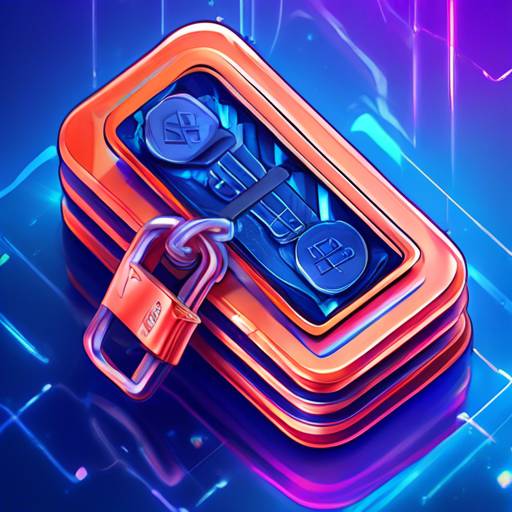US Government Sanctions Two Russian Nationals’ Crypto Wallets Linked to Ransomware Group LockBit
The US government has imposed sanctions on cryptocurrency wallets believed to belong to two Russian individuals associated with the ransomware group LockBit. The Treasury Department’s Office of Foreign Assets Control (OFAC) announced that it has sanctioned several Bitcoin and Ethereum wallets connected to the group. Ivan Gennadievich Kondratiev and Artur Sungatov’s wallets will be blocked in the United States following LockBit’s attack on the Industrial and Commercial Bank of China’s U.S broker-dealer, which affected the settlement of billions of dollars’ worth of assets.
LockBit’s Ransomware Attack
- The ransomware attack by LockBit on ICBC disrupted the U.S. broker-dealer’s operations, resulting in a loss of email and communications.
- ICBC was unable to access its systems, leading to securities being delivered for settlement without funds backing the trades.
- LockBit is known for its double extortion tactics, where cybercriminals exfiltrate data before encrypting victims’ computer systems and demanding ransom payments.
- In 2022, LockBit was the most deployed ransomware variant globally and remains active today.
Action Against Cyber Threats
Deputy Secretary of the Treasury Wally Adeyemo emphasized that the United States will not tolerate attempts to extort and steal from its citizens and institutions. The government will continue its comprehensive approach to defend against malicious cyber activities and use all available tools to hold accountable those involved in enabling these threats.
Hot Take: Protecting Against Ransomware Attacks
Ransomware attacks pose a significant threat to individuals and organizations alike. It is crucial to take proactive measures to protect yourself and your assets:
1. Strengthen Your Cybersecurity
- Ensure you have robust antivirus and anti-malware software installed on all devices.
- Regularly update your operating systems, applications, and security patches.
- Use strong, unique passwords for all accounts and enable two-factor authentication where possible.
2. Be Cautious of Phishing Attempts
- Avoid clicking on suspicious links or downloading attachments from unknown sources.
- Verify the authenticity of emails and messages before sharing sensitive information.
3. Regularly Backup Your Data
- Create backups of important files and store them securely offline or in the cloud.
- In the event of a ransomware attack, having backups will enable you to restore your data without paying a ransom.
By implementing these preventive measures, you can significantly reduce the risk of falling victim to ransomware attacks and protect your crypto assets.





 By
By
 By
By
 By
By

 By
By
 By
By